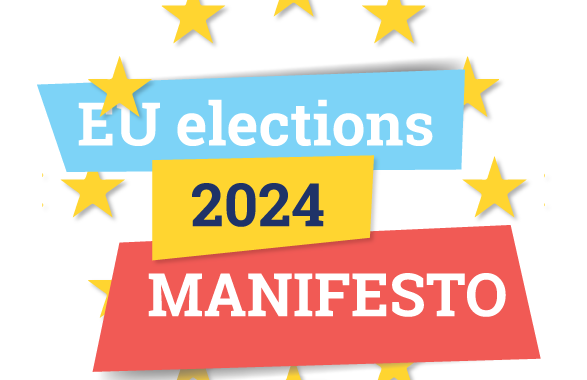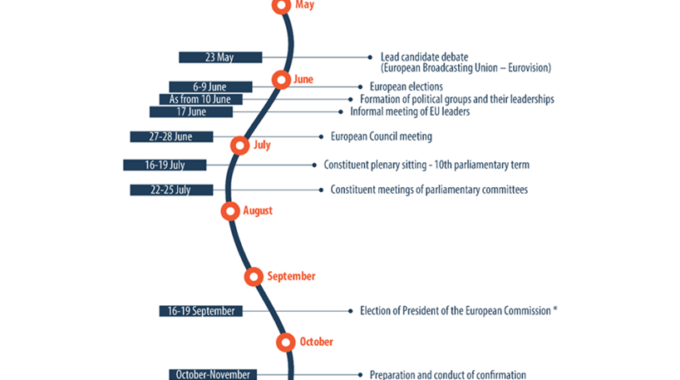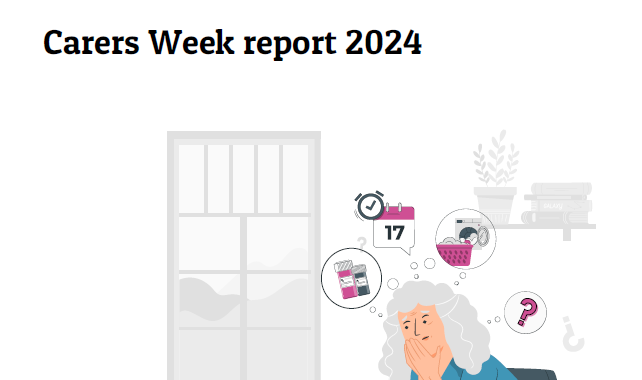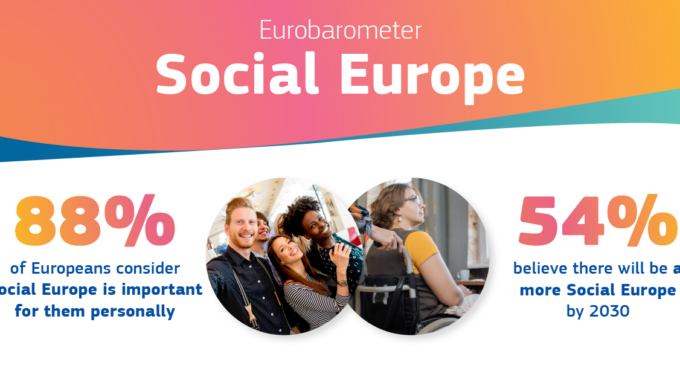
EU Election 2024 Manifesto – Caring for informal carers: you have a crucial role to play !
Informal carers are families, friends, neighbours who provide (mostly) unpaid long-term care outside of a professional context. Women provide the lion’s share of this care.
Why do informal carers matter?
- Demographic ageing significantly challenges the sustainability of our care systems, reflecting an increasing prevalence of chronic conditions and a growing demand for care.
- Currently, 80% of all care in Europe is provided by informal carers.
- The estimated value of informal care accounts for 2.4% of EU GDP; much higher than the average share Member States allocate to professional long-term care (1.7%).
Given these facts and figures, addressing and fostering informal care in Europe is vital
As it stands, many informal carers do not have the choice whether to provide care or not, or to what extent. Moreover, many carers experience adverse effects on their health, social inclusion, financial stability, educational opportunities and employment prospects due to a lack of adequate support
Fortunately, the need to address the situation of informal carers has gained political prominence in recent years. The most tangible demonstration of this recognition came in 2021 with the adoption of the EU Care Strategy. This explicitly recognises that
- Investing in the care sector would help ensure that informal care is a choice rather than a necessity and that caring for loved ones has a high societal and economic value.
- Carers should be provided with suitable work-life balance services allowing them to combine their caregiving duties with their careers, such as flexible working hours and access to respite care.
- Carers should have access to adequate support services/measures, such as counselling, psychological support or respite care
How can we create a more carer-friendly policy environment?
The EU Care Strategy will need to be transposed into national legislation as soon as possible, with adequate monitoring and assessment procedures in place – both at EU as well as at Member State level, and with the involvement of relevant organisations on the ground. Other EU-level health, employment and research-related initiatives will also need to take account of (their impact on) carers.
What can YOU do in practice?
As an active Member of the European Parliament, you can support national transposition and implementation of the EU Care Strategy, ensuring that this addresses the real needs of carers on the ground. Furthermore, you can ensure that other EU policy initiatives take account of carers, e.g. EU4Health, Healthier Together, the Structural Funds, EU research priorities, the European Semester and others.
You can do so by joining the European Parliament Champions for Informal Carers Group. This is an active, dynamic and forward-looking group of MEPs, focusing on concrete policy action: analysing EU policies for their impact on carers, putting forward amendments to Commission proposals, tabling Written Questions and host hearings on carers and their interests. Eurocarers is coordinating this Group, which was set up in 2007.
Join us now and contribute to empowering carers, allowing them to continue their invaluable caregiving without compromising their well-being.





